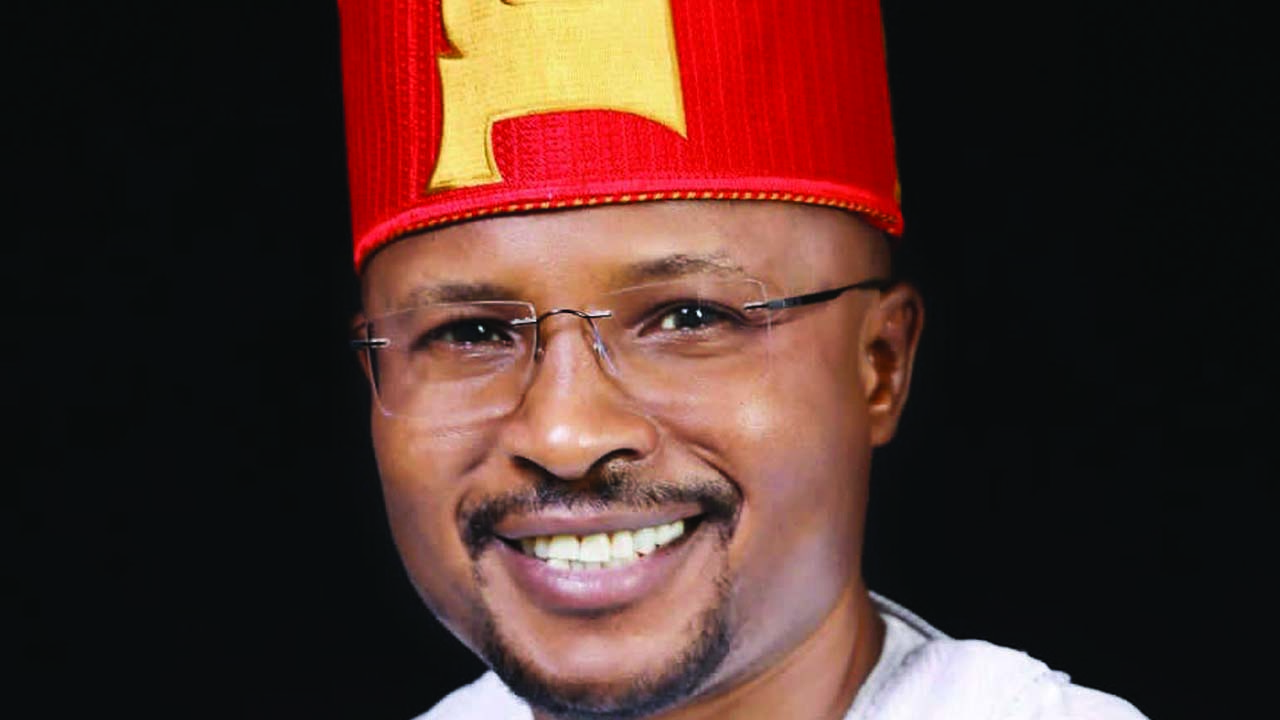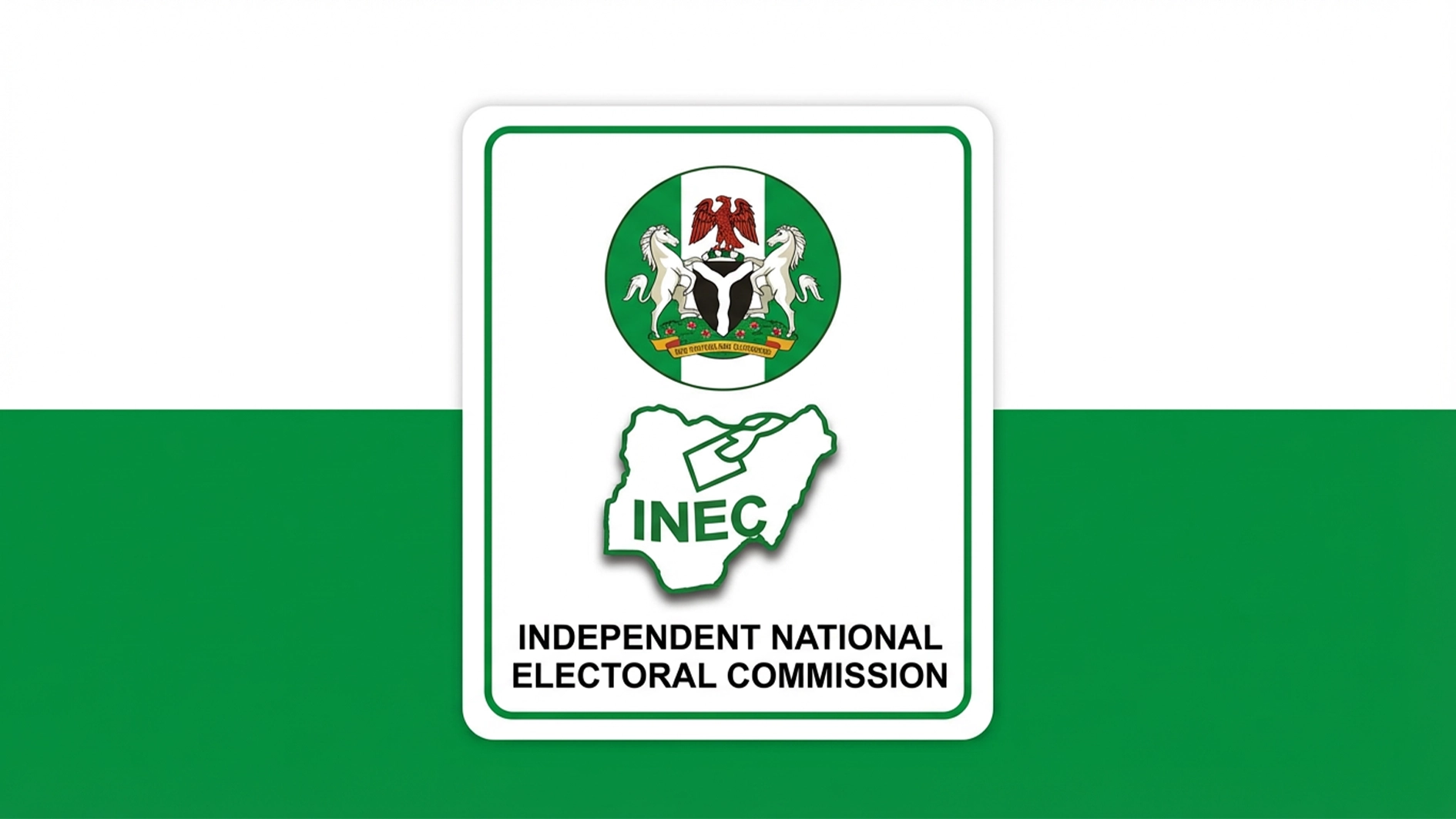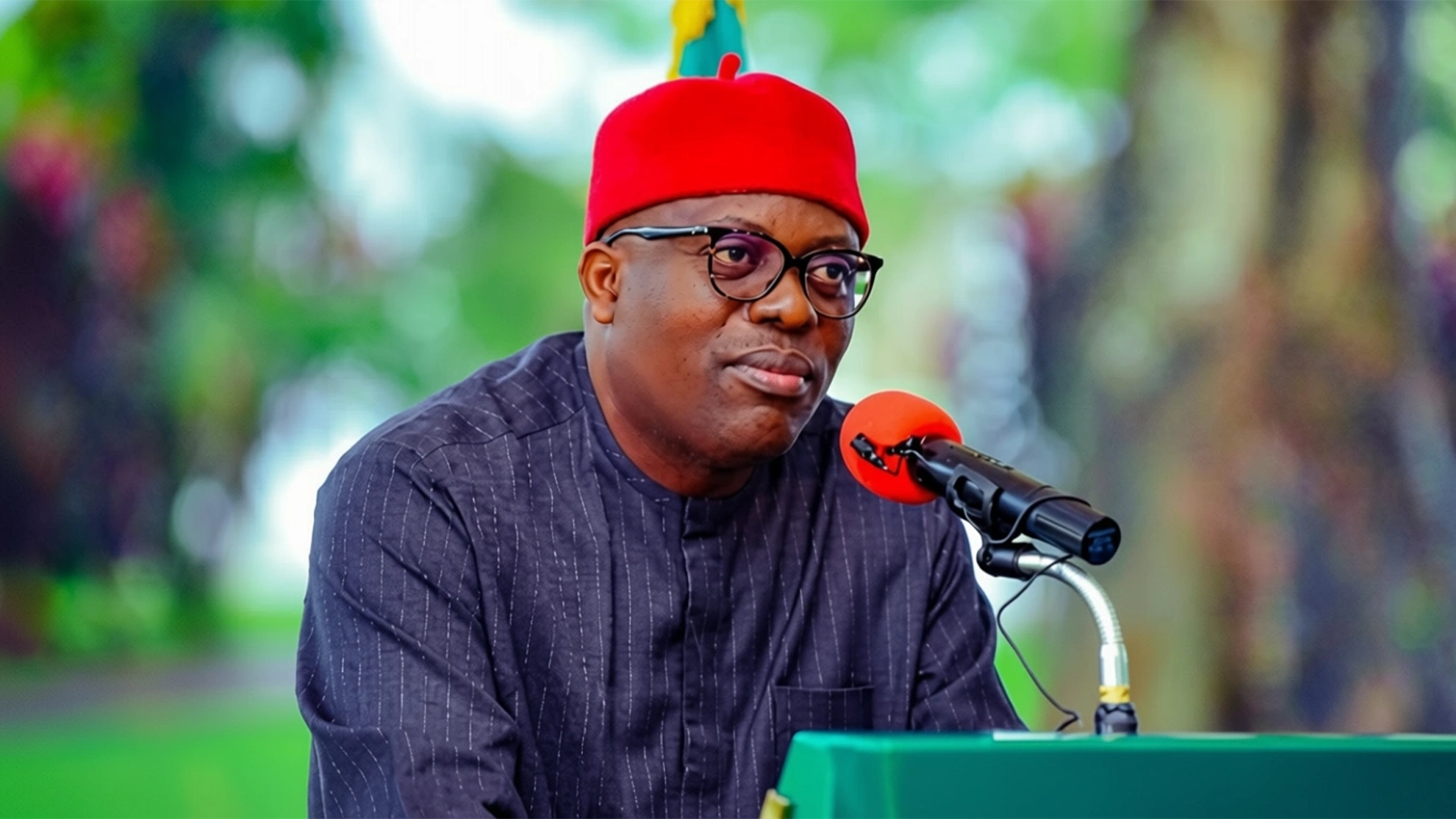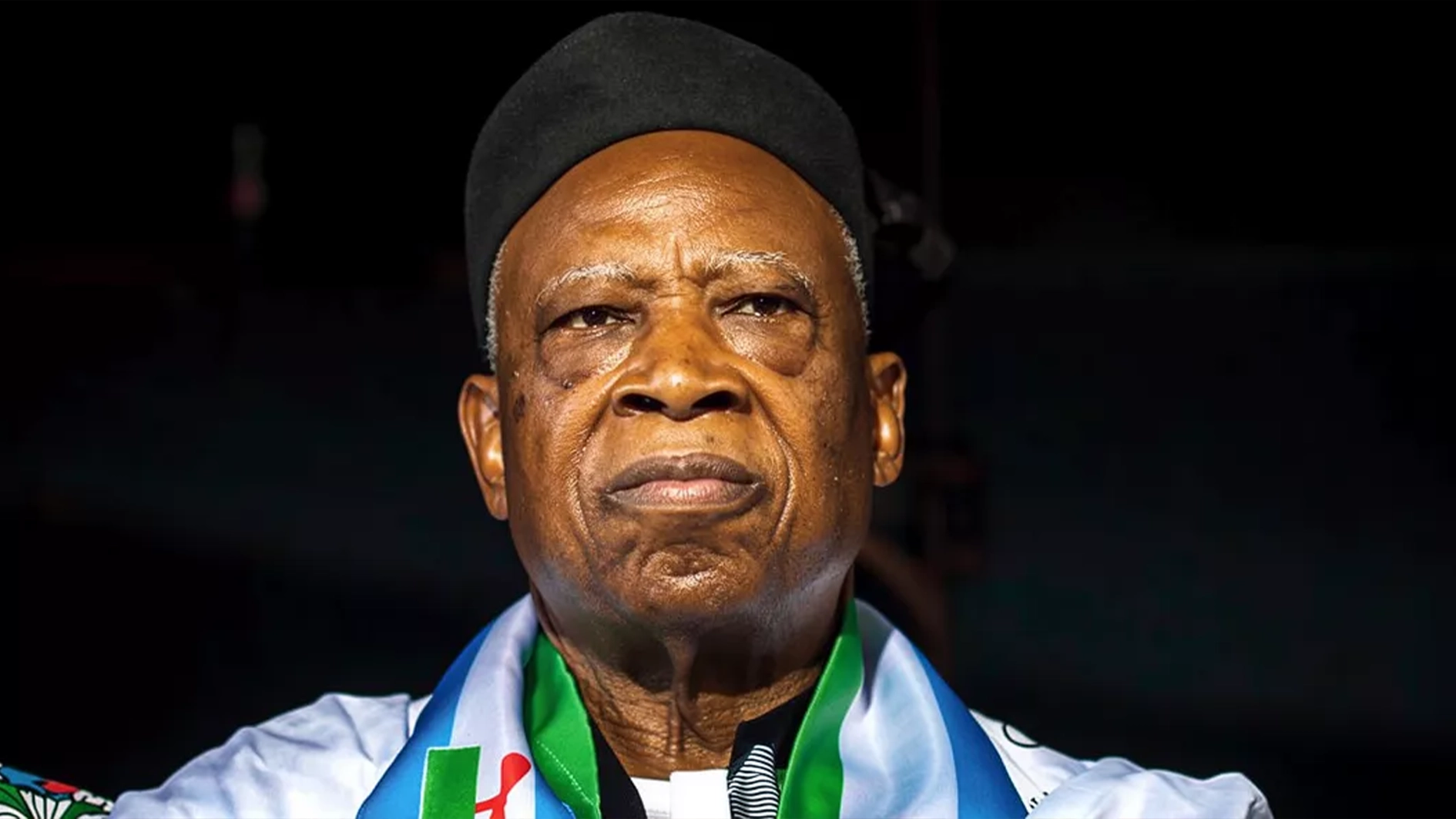
The governorship election in Kogi State will be largely determined by proponents and antagonists of ethnic politics. By the nature of the candidacy, all the three major tribes, from different senatorial districts, and for the first time are all vying for the governorship seat – and in for an epic showdown on Saturday, IBRAHIM OBANSA reports.
The 2023 governorship election in Kogi State is going to be a three-horse race among three major tribes in Kogi State – the Igalas in Kogi East, Ebira in Kogi Central and the Okun people from West.
Observers of Kogi politics since its creation in 1991 are of the view that this is the first time the three major ethnic groups in the state are going into the contest at the same time.
Aside from the issue of ethnicity, violence, power of incumbency, anti-party activities that will decide who wins the election, stakeholders are looking up to the Independent National Electoral Commission (INEC) to provide a level playing field for all the candidates.
Indeed, there are 18 political parties and candidates that will be participating in the race to succeed Governor Yahaya Bello in Lugard House. The candidates are: Usman Ododo of the ruling All Progressives Congress (APC), Senator Dino Melaye of the Peoples Democratic Party (PDP), Muritala Ajaka of Social Democratic Party (SDP), Leke Abejide of African Democratic Congress (ADC) and Olayinka Braimoh of Action Alliance (AA).
Others are Kingsley Idoko Ilonah of All Progressives Grand Alliance (APGA), Dr Samson Agada Omale of Young Progressives Party (YPP), and Admiral Usman Jibrin of Accord (A) party among others. However, only four of the parties and their candidates are visible in terms of campaign.
Ethnic rivalry
The 2023 governorship elections in Kogi State promises to be a direct contest among the three major ethnic nationalities in the state. This is totally new to Kogi politics. There have always been contests between two major tribes while the third tribe and minorities become beautiful brides.
In 1999, Kogi governorship contest was a battle between PDP’s Steven Olorunfemi from Okun and ANPP’s Abubakar Audu from Igala. Ebiras were the beautiful brides then.
However in 2007, it was a face-off between ACN’s Mohammed Salami Ohiare of Ebiraland and PDP’s Ibrahim Idris of Igala extraction and the Okun people of Kogi West were the beautiful brides. 2019 governorship contest was between APC’s Yahaya Bello, an Ebiraman and PDP’s Musa Wada. The election results always showed ethnic inclinations. In 2019, Wada won overall votes from Igala land while Bello cleared the Ebira votes in a landslide victory.
However, primaries held this year had successfully altered the usual pattern of two major tribes facing each other and using the third tribe as bargaining chip. PDP produced Senator Dino Melaye from Okun land in Kogi West; APC produced Usman Ododo from Ebiraland in Kogi Central, while the SDP propped up Murtala Ajaka, an Igala man from Kogi East as its candidate.
This is the first time since the creation of the state that the three major tribes will engage in a battle for supremacy.In the highly divisive governorship contest, the biggest issues dominating the campaigns loudly and in whispers are possibly not merit, capacity, or track records of a candidate, but ethnic considerations. The campaign colouration depicted a tribal contest, a triangular dogfight among the Ebira, Okun, and Igala ethnic nationalities. But some of the candidates have emphasised that they are not ethnic champions.
Based on the voting strengths of the zones, none of these three tribes can single handedly make one of their own governor, so, the ethnic minorities like Bassa Nge, Bassa Kwomu, Nupe, Ogori-Magongo and non-indigenes may likely decide who wins November 2023 governorship election.
Political violence
Besides, there are growing concerns over early warnings of political violence ahead of the election.
Since 2003, incidents of violence have become one of the characteristics of elections in the state. The killing of Madam Salome Abuh, who was burnt alive in her house shortly after the announcement of the results of the governorship election won by the incumbent governor, Yahaya Bello, on November 18, 2019, saw a spike in Kogi’s rating in political violence.
Some developments recorded so far, showed that Saturday’s election might not be different from the previous one. On June 3 this year, there was an alleged attack on the convoy of Governor Bello by members of one of the opposition parties.
The signs of violence in the Eastern flank of the state are already visible. This has made the area a flash point to be watched by security agents. There are cases of attacks and reprisal attacks in Kogi East. The situation is however, different in Kogi central and west where the elections are most likely to be peaceful, as there are no major cases of attacks among political parties during the campaigns.
But the opposition parties have accused the ruling APC of planning to bring in political thugs to cause mayhem during the Saturday’s election and used the alleged hiring of all major hotels in the state to justify their fears. They said all the hotels were fully booked to accommodate thugs from neighbouring states.
But Governor Bello has repeatedly said that everything will be done to make the state peaceful during the election and warned those who may want to achieve power through violence to desist.

Similarly, the Kogi State Command of the Nigerian Police has said it is collaborating with other sister security agencies towards ensuring that election is violence free, even as it expressed optimism that troublemakers, who are bent on causing trouble during the election, would be dealt with in accordance with the law.
Police Public Relations Office, (PPRO), SP Williams Ayah, gave this assurance at the two day Media Roundtable/Engagement on the Kogi Governorship Election organised for Journalists in Kogi State, by the International Press Council (IPC).
Interestingly, events of the last few weeks have seen the governor and security agencies keeping to their promises, as candidates of all the parties are preparing for the election.
Anti-party activities
In the February 2023 general elections, ADC claimed two House of Representatives seats in Kogi State. The duo reaped from overt and covert anti-party activities in their respective constituencies.
Fallout from party primary elections led many aggrieved politicians to support different candidates and a similar scenario is playing out after the governorship primaries in some of the parties.
After Dino emerged as the candidate of PDP, a horde of politicians particularly from his west senatorial district left the party in anger for the ruling APC. Also, the primary election of NNPP has been upturned and Musa Mabarak has been replaced with Hassan Abdullahi. Also the effect of the lukewarm attitude of Senator Smart Adeyemi and Abubakar Achimugu, who contested APC primaries up to the Supreme Court, is giving concerns to some APC members.
Observers noted that the fallout from these contentious primaries may force aggrieved politicians to engage in anti-party activities ahead of the governorship election.
Power of incumbency
Kogi has witnessed the much-touted ‘power of incumbency’ severally at the polls. The APC controls federal and state powers, as well as its enormous coercive apparatus. With federal and state might behind the APC candidate, observers said that the oppositions face a herculean task in their bid to win the election.
While the battle for ethnic supremacy rages on, appointees of the APC-led government from the three main ethnic zones are gearing up to garner votes for their party candidate.
Apart from the above factors, some APC supporters believe that Governor Bello’s performance, particularly in his second term, will boost the chances of the APC candidate, Ododo Usman on Saturday.
Senator Natasha’s influence
Some political analysts have said that the recent victory of Natasha Akpoti-Uduaghan at the Supreme Court may likely change the pattern of voting in Kogi central where she hailed from. A chieftain of the PDP in Okene, Mall Isah Nasiru, said with her recent emergence as the rightful winner of the senatorial election in Kogi central may affect the fortunes of the APC in the area.
But for APC member, Isiaka Amuda, “this is totally wrong”, saying that the people who voted in the senatorial election cuts across party lines, adding that the situation then is also different from the present situation.
He said: “Majority of the people who voted for Natasha in that election are not all from PDP. The situation is now different. I can tell you for free that the people of Kogi central have already made up their minds on who to vote for.”
Another stakeholders in Kogi politics and former governorship candidate of Zenith Labour Party, (ZLP) and the only female, formerly in the contest, Fatima Taiye Suleiman, noted that she dumped her party for the candidate of the ruling APC because of what she described as the impressive performance of the governor in the last seven years.
However, the main opposition parties, PDP, ADC and SDP have dismissed this, saying that the APC-led government in the state has not done enough to secure the votes of the people.
The candidate of the PDP, Melaye, said the issue of unpaid salaries of Local Government workers is one of those issues that will deny the APC votes of the people.
For Muritala Ajaka of SDP and Leke Abejide of ADC, since Governor Bello from Kogi central has done eight years, it’s only natural for power to shift to the other zones.
Also, if the rumoured alliance between the ADC and SDP is anything to go by, it is another major factor that may affect the outcome of the election. This was capable of swaying the votes either way. By and large, stakeholders are looking forward to INEC to step up its game and ensure a free, fair and credible election on Saturday.






